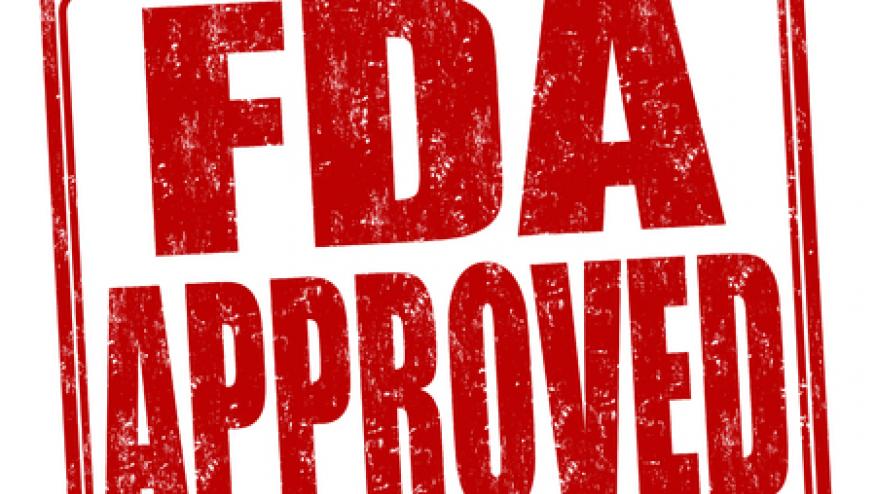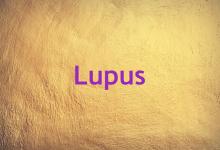FDA Approves Ustekinumab for Ulcerative Colitis Save

Ustekinumab (Stelara) is now FDA-approved to treat moderately to severely active ulcerative colitis, said drugmaker Janssen on Monday, in addition to its indications for psoriasis, psoriatic arthritis, and Crohn's disease.
Approval was based primarily on results from the Johnson & Johnson unit's UNIFI trial, in which subcutaneous injections of ustekinumab led to clinical remission rates of 38%-44% after 12 months, depending on the dosing interval (12 and 8 weeks, respectively), versus 24% in a placebo group.
Janssen also boasted that ustekinumab "is the first and only approved treatment for ulcerative colitis to demonstrate improvement of the colon as measured by a novel histologic-endoscopic mucosal improvement endpoint" -- a composite of histologic examination and visual inspection during colonoscopy. The company noted, however, that it's unclear whether this biomarker is predictive of long-term clinical outcomes.
Ustekinumab targets the IL-12 and IL-23 interleukin cytokines. It was first approved 10 years ago for treating adults with moderate to severe plaque psoriasis, with a series of label expansions in the years following.
The drug comes with a number of cautions, particularly increased risk for infections, as well as a rare but life-threatening complication known as reversible posterior leukoencephalopathy syndrome that has been seen with a number of immune-modulating therapies.










If you are a health practitioner, you may Login/Register to comment.
Due to the nature of these comment forums, only health practitioners are allowed to comment at this time.